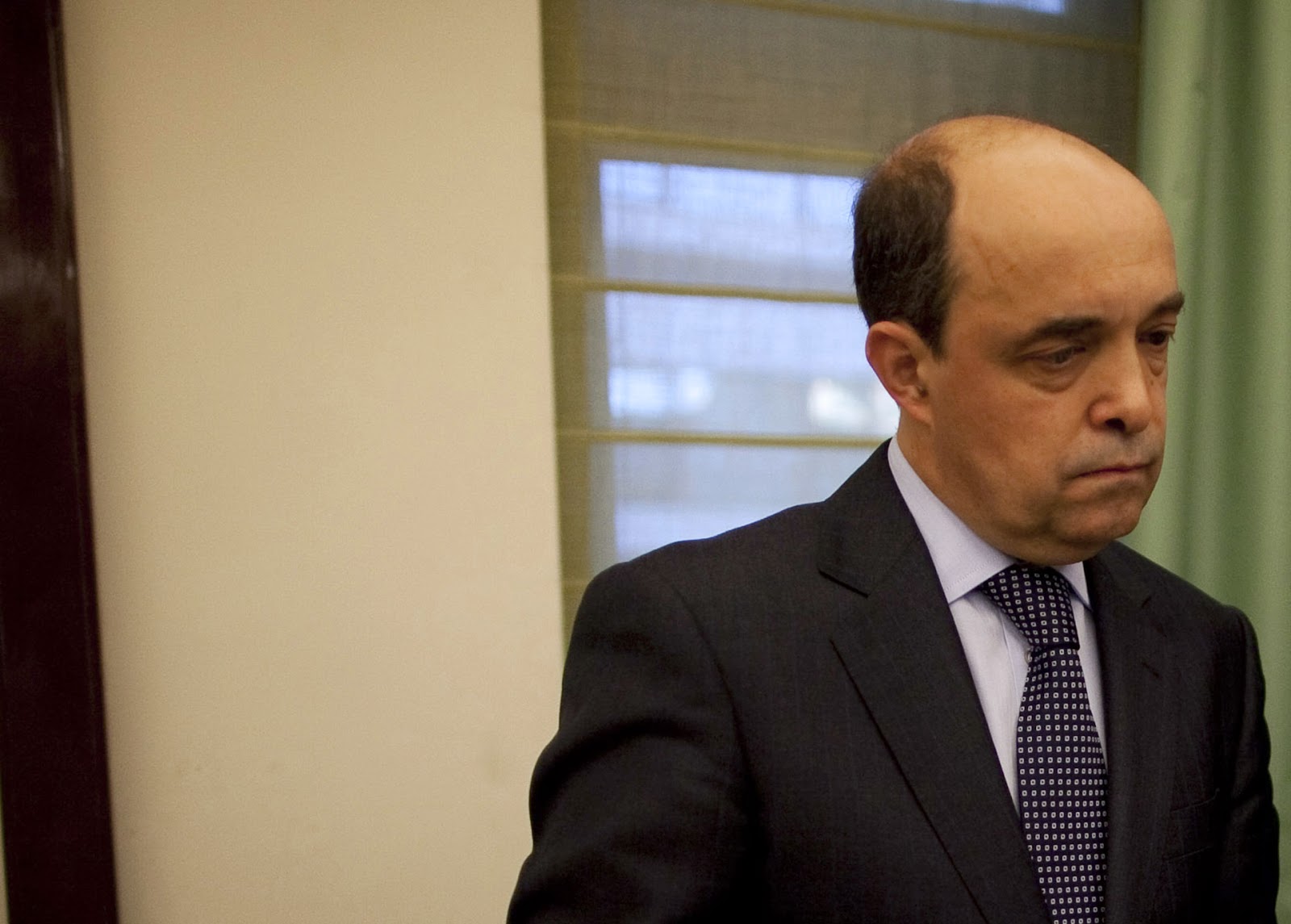Biomedical researcher Miguel Seabra stepped down last week from the presidency of Portugal's science funding agency, the Foundation for Science and Technology (FCT), after more than 3 years in office.
Although Seabra invoked “personal reasons” for his decision, scientists note that he resigned amid mounting criticism of the agency's policies. “The climate was very tense,” says Marco Alves, head of numerical modeling at WavEC-Offshore Renewables in Lisbon. “[His resignation] was something that could be expected.”
Crystallographer Maria Arménia Carrondo will take over from Seabra, the Ministry of Education and Science announced in a statement yesterday. According to the newspaper Público, Carrondo previously served as an adviser to FCT's board, which Seabra led until his resignation.
FCT angered Portuguese researchers in January 2014 when it announced a sharp drop in the number of state-funded Ph.D. and postdoctoral fellowships. Besides the decrease in funding, the National Association of Science and Technology Researchers also slammed the fellowship selection process as plagued with “clear and serious flaws.”
Also last year, Seabra oversaw a controversial evaluation of the country's R&D units, contracted out to the European Science Foundation (ESF). In June 2014, after a first evaluation phase, FCT announced that 22% of the 322 evaluated units would lose their funding because they had been rated poorly. Another 26% were rated “good,” but not good enough to make it to the second phase either, meaning their budget would be reduced to “core funding” depending on the size and “research intensity” of the lab.
Many scientists complained that the evaluation process was neither robust nor transparent. For example, the Council of Rectors of Portuguese Universities said completing the first evaluation phase without site visits was insufficient; the Portuguese Physics Society also criticized the lack of specialization of the evaluation panels. ESF declined to comment when contacted byScienceInsider.
The outcry grew when FCT made public its agreement with ESF, which stated that half of the units shall not make it to stage two. The Council of Rectors wrote to the science minister in October that these terms “show a bias that [they] cannot accept.” “We reject the death foretold of 50% of Portugal's scientific fabric,” the rectors said, echoing concerns of the Portuguese Chemistry Society. Two research centers filed a legal complaint against FCT, Público reported last month.
“If there are [budget] cuts, the rules … and the process should be clear,” says Carlos Fiolhais, a researcher at the Center for Computational Physics of the University of Coimbra who wrote about the evaluation extensively on his blog De Rerum Natura. “Many things were not fair; we hope they will be corrected,” says Fiolhais, who hopes the change of leadership at FCT will help restore peace and trust.
However, the choice for Seabra's successor means that no drastic change is likely to happen, Fiolhais adds. “I am afraid that [Carronodo's] proximity to Miguel Seabra may not allow the indispensable change,” he says, adding that both researchers worked at the same institution, the Nova University of Lisbon. “This is even more worrying since all FCT vice-presidents are being kept,” Fiolhais adds. “It is certainly possible that under [Carrondo's] leadership, FCT will at least improve their procedures,” says Miguel Jorge, a chemical engineering lecturer who left Portugal in 2013 for the University of Strathclyde in Glasgow, U.K.. But both Jorge and Alves say they don't expect a fundamental change of line from the current coalition government, which oversees FCT's policies. “I'm skeptical of everything this government has been doing,” Jorge says. “We’ve moved backward several years in terms of research funding and research policy.”



Sem comentários:
Enviar um comentário